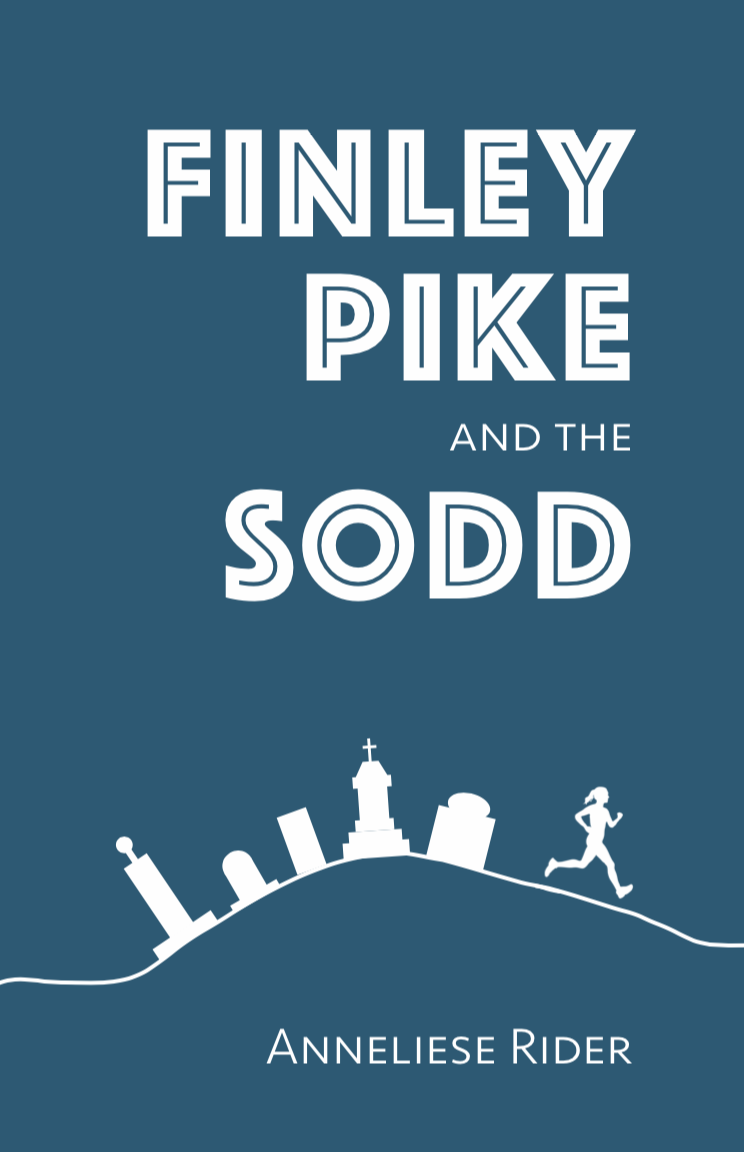Jack said, "Please, good sir, be so kind as to pass me the wrench." Bob replied,
"Certainly, my good man, it would be my pleasure."
Then Jack said, "Why thank you. I will now unscrew this bolt and take the cover off of this engine."
And Bob said, "Wow. That's a big job. It is a good thing we have a lot of time to do it after lunch." And Jack replied,
"Yes. I anticipate it will take several hours."
Bob said, "Okay. Well we should start up." Jack nodded, and said,
"Yes. Lets."
We've all read dialogue like this—stilted, unmeasured, uncomfortable. It is clunky and unbelievably dull. Here are three tips to avoid flat dialogue:
- Read your dialogue out loud. You'll be surprised how fast you spot inconsistencies and dull phrases—and things that no one in his right mind would say.
- Think of your characters as someone you know: Uncle Jack, next door neighbor Sallie, grocery bag boy Tim. Then, try to hear them saying your words in your head; if they can't say it, or sound ridiculous, it's probably a sign that you should cut it down.
- Edit rigorously, over time. You'll find that a sentence that seemed fine yesterday, or even this morning, has three extra words when you go back to read it later. The more you edit, the slimmer your dialogue can be. In real life, speech is very relaxed.
See this adaption from above:
Jack nodded, and said, "Wrench?"
"Sure, dude."
"Thanks. Looks like we gotta take the whole cover off." Bob looked at his watch, as his stomach growled.
"That's gonna take a long time."
"Probably. Let's do it." Bob sighed and nodded, saying,
"Okay."

